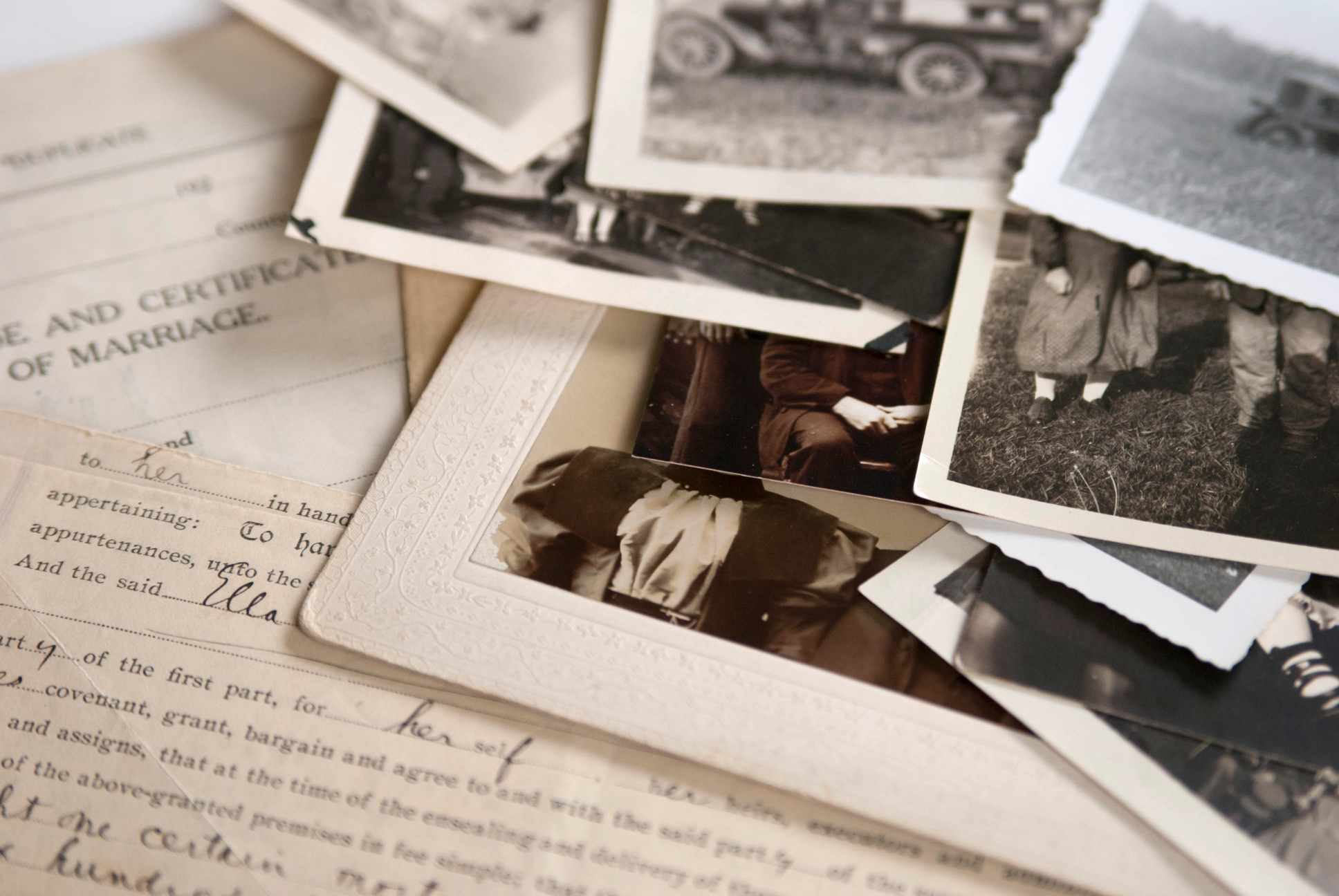The results of scientific research, especially historical research, sometimes lead to a clash of values: the right to freedom of scientific research and the right to the protection of personal property consisting in the memory of a deceased person. So when does a historian have to apologize for his work? What lessons for historical researchers can be learned from the judgment in the case involving the book titled “Night without end”?
In the book titled “Night without End: The Fate of Jews in Selected Counties of Occupied Poland”, Professor Barbara Engelking and Professor Jan Grabowski presented the lives of Jews in occupied Poland. The book itself caused great controversy among historians. One of the chapters included a passage about the activities of the village administrator of Malinów in Podlasie, the uncle of the plaintiff, who filed a personal rights lawsuit against the authors. According to her, her uncle was wrongfully slandered in the disputed book, and thus she claimed an apology and compensation of PLN 100,000. The Warsaw District Court ruled in February 2021 that the historians were to apologize for the information in the comprehensive publication, but the Warsaw Court of Appeals upheld the researchers’ appeal and changed the verdict.
We have a collision – and then what?
In this case, there was a collision between the right to a good memory of the deceased and such values as freedom of scientific research, freedom of public debate about past events, especially controversial ones, and freedom of expression by others, including witnesses to history. The Court of Appeals in Warsaw indicated that the collision between these values must always be resolved in the circumstances of a particular case.
In handling this collision, the court stressed repeatedly in the judgment that it is not the role of the court to decide issues of historical dispute or the results of scientific research. Arguing against the findings of scientific research should be done through scientific debate, not in the courtroom. As the court stated, “Therefore, it should not be the subject of court proceedings to evaluate the methodology of the historical research conducted, to criticize historical sources, or to verify these sources, and thus to evaluate the historian’s workshop. It is difficult to share the position advocating that the court, within the framework of a civil trial, should decide on the reliability of historical reports and sources, or dictate to historians on which sources they should make their findings and which of these sources are more deserving of credence. This is because such actions would constitute an unacceptable form of censorship and interference with the freedom of research and scientific work.” The freedom of scientific research also includes the freedom to publish the results of research and to make opinions based on those results. Thus, if a historian gathers certain sources, which he will critically evaluate in accordance with his professional skills – and, based on this, establishes certain facts, such an action cannot, in principle, automatically be considered unlawful.

Evaluating sources – but how?
In the Court of Appeal’s view, the District Court’s requirement to reveal only facts that are consensually confirmed by all available sources is unrealistic and completely closes the way to free research work, which may further lead to a situation in which historians can only write about facts that are unquestionable, uncontroversial. Hence, it is inevitable for a historian to come across different, sometimes contradictory sources, evaluating the same events in different ways. His role at this point is to precisely subject them to critical analysis and select the most reliable materials. This freedom is the essence of research work. In addition, as time passes and previously unknown sources appear, each subsequent research work may reveal new documents that have not been analyzed before, which will contain facts that change the previous findings.
According to the court, this is exactly how the sued historians approached the accumulated material, who, in its opinion, collected extensive source material, which they critically evaluated and made their findings on the basis of those sources they found reliable. In such a case, according to the court, it would be an impermissible interference with freedom of scientific research and freedom of expression for the court to verify and undermine the historians’ workshop, the results of their research, and the resulting conclusions.
In addition, the court noted that the story in which the village administrator was portrayed was only a small part of an extensive work. Thus, he was not the main character of the defendants’ publication. The Court of Appeals disagreed with the findings of the District Court, whose opinion was that the action of the sued historians was unlawful and unreliable. In its opinion, the historians did not violate the personal rights of the plaintiff – a relative of the village administrator.
So can the historian do everything?
According to the Court, judicial interference in research work is only permissible in situations of “obvious untruth resulting from malice and misrepresentation of historical sources” or manipulation of collected source material and lack of reliability. Such a situation of intentional misrepresentation, however, did not occur in the present case.
Aware of the precedent-setting nature of the case and the considerable public interest, the court stressed that, as the case law of the European Court of Human Rights has established, “the search for historical truth requires the expansion of the limits of freedom of expression and the refraining of the State from overly harsh interventions, especially when the expression serves to clarify and understand past events and contributes to the exchange of ideas and opinions relevant to society.”


